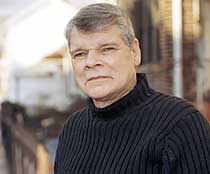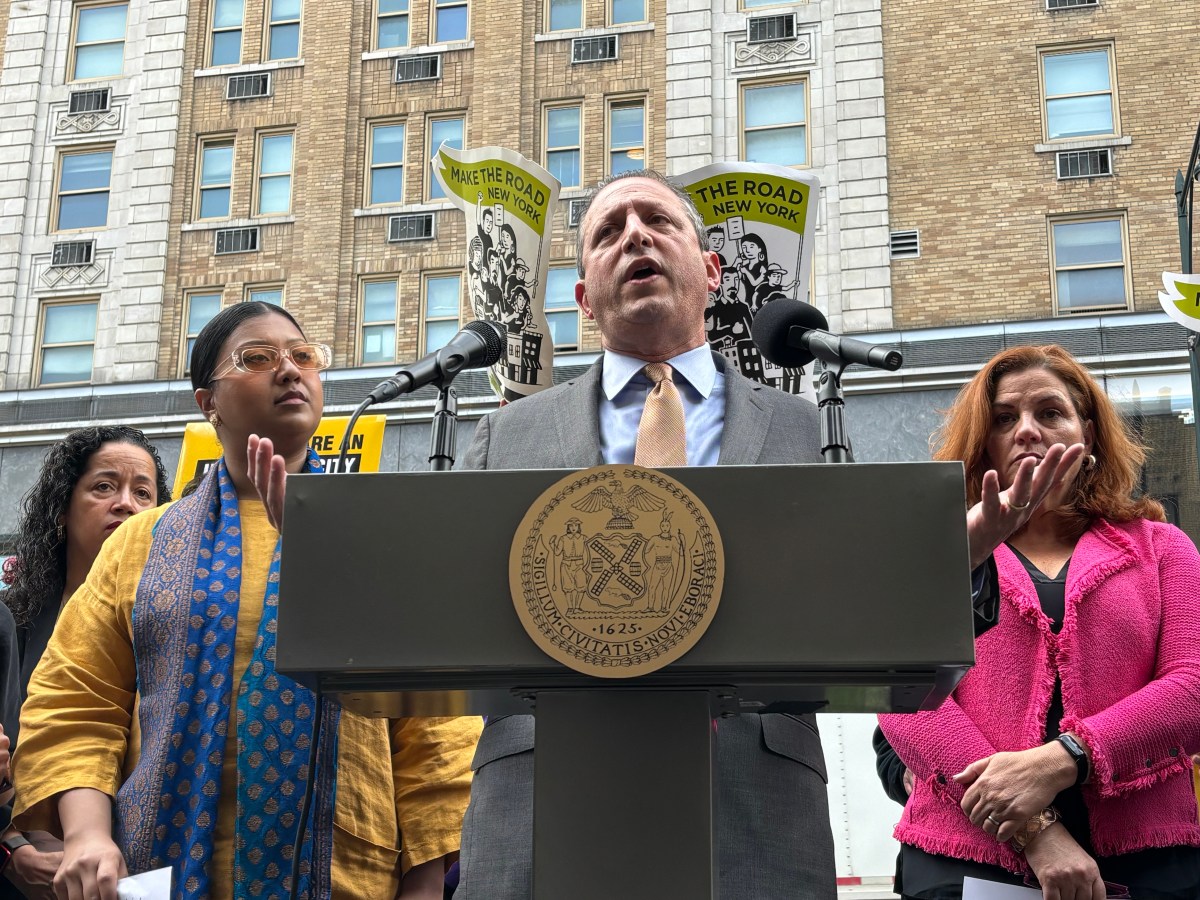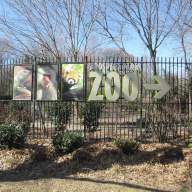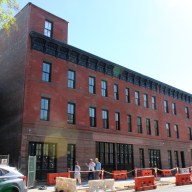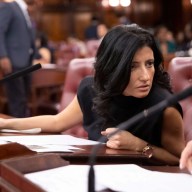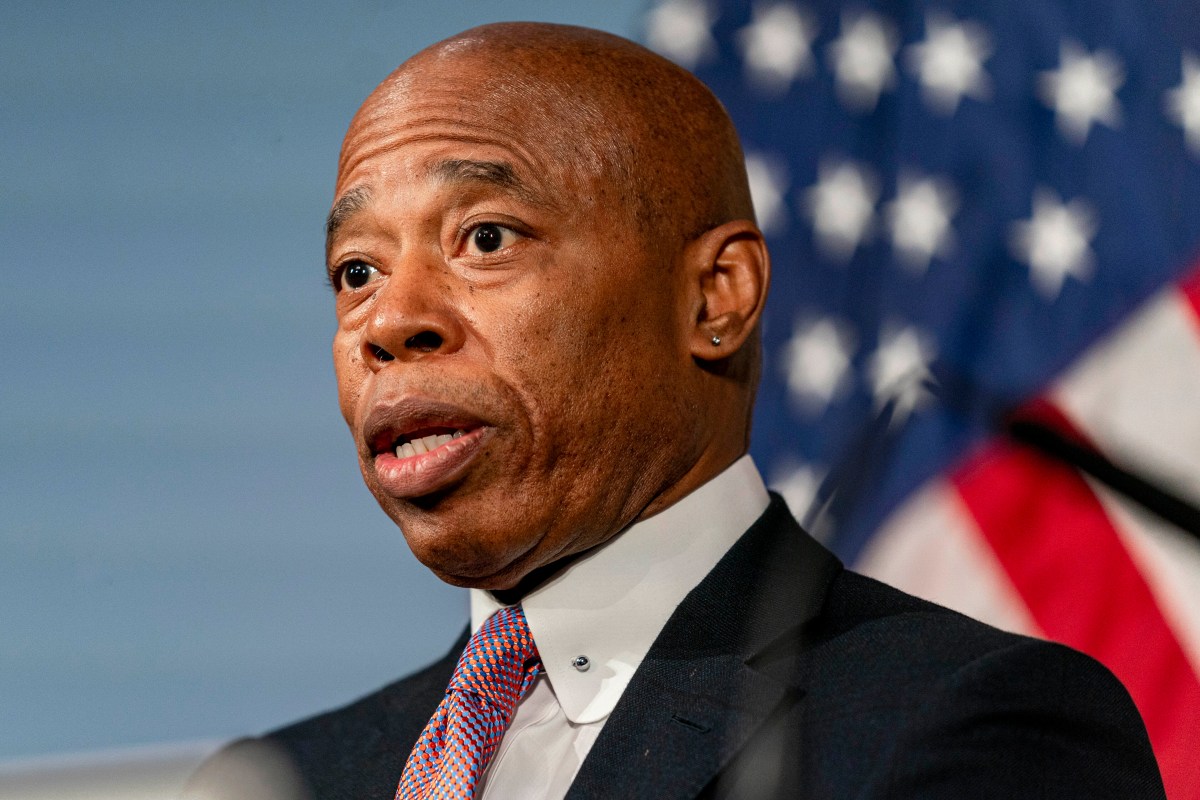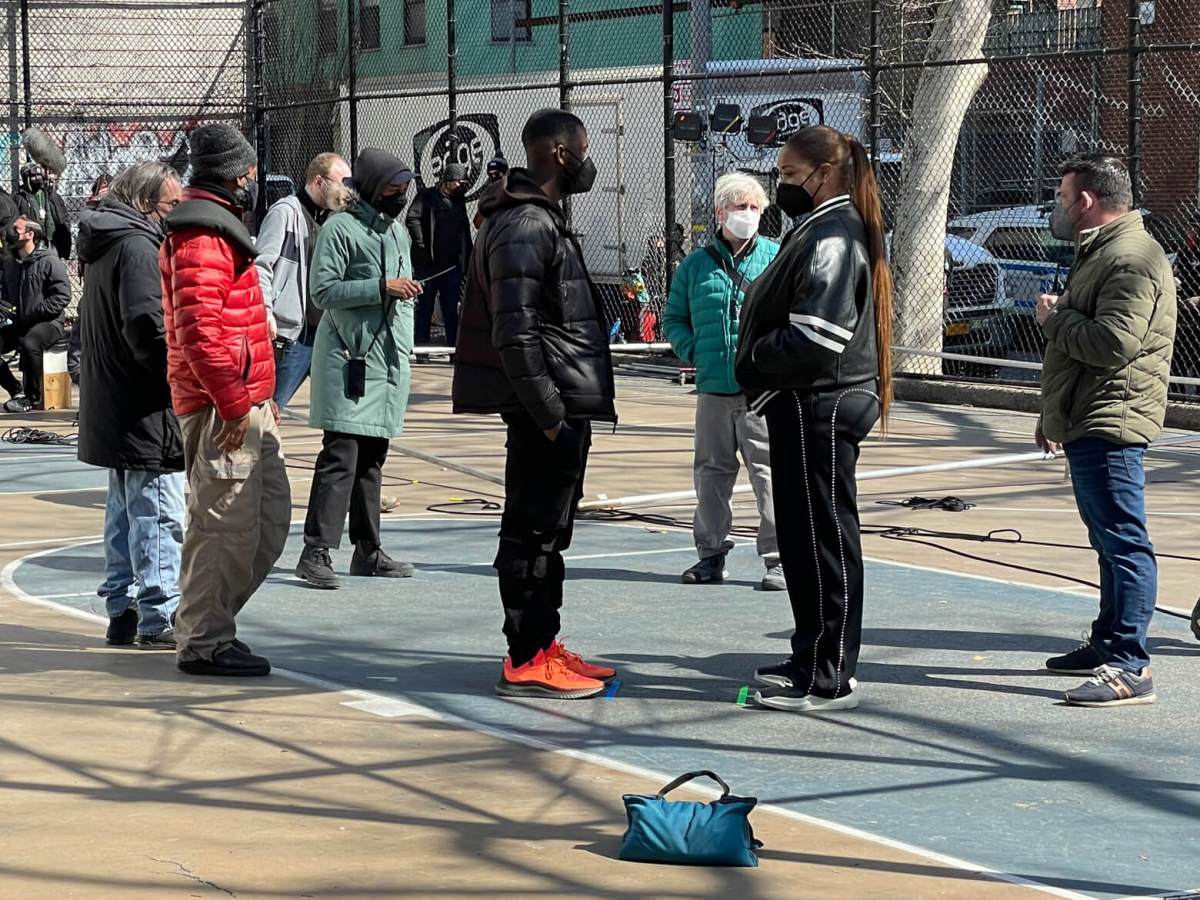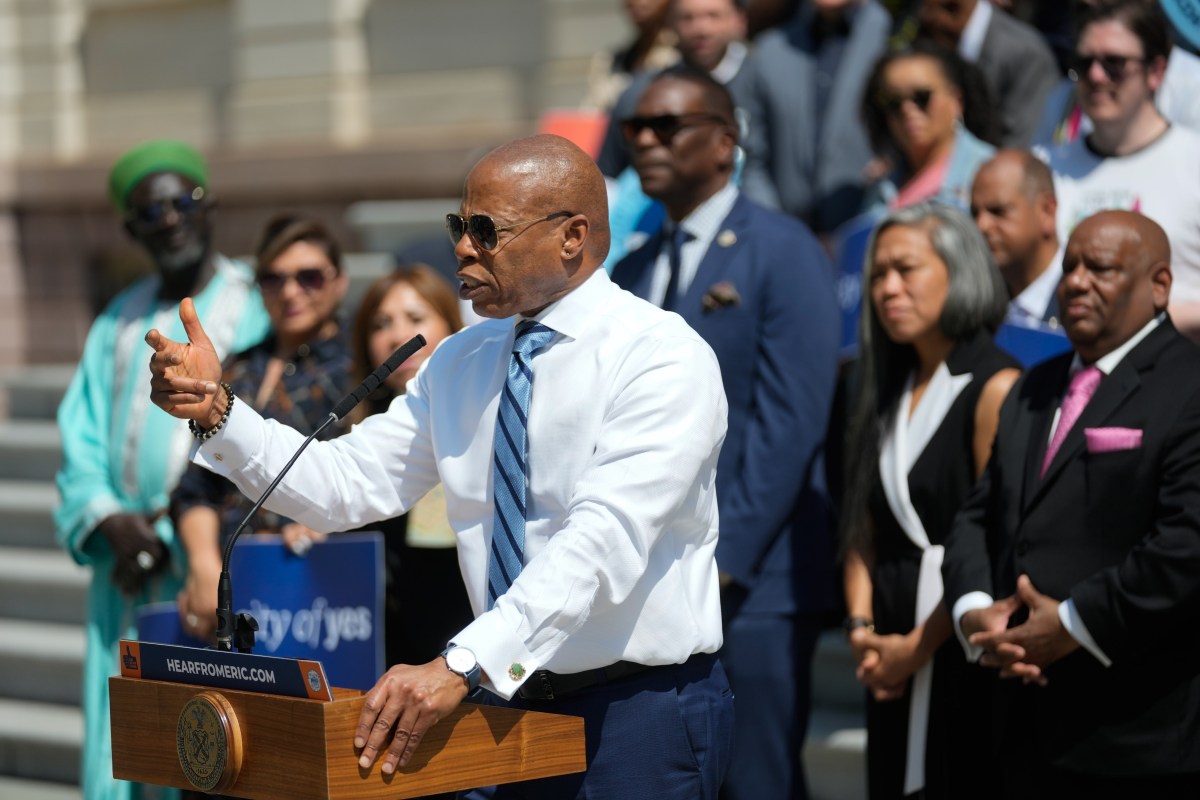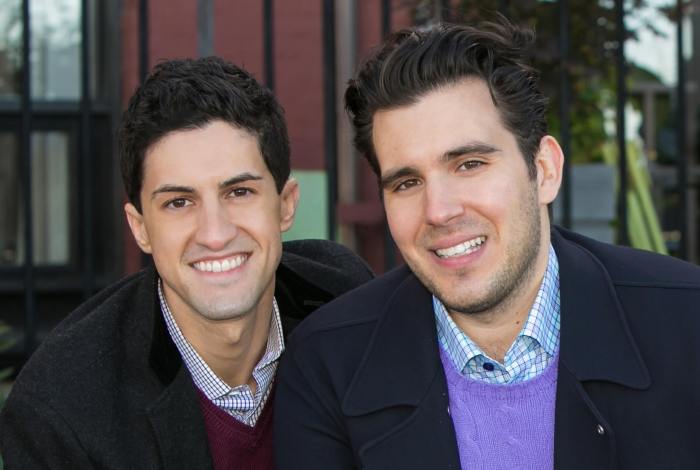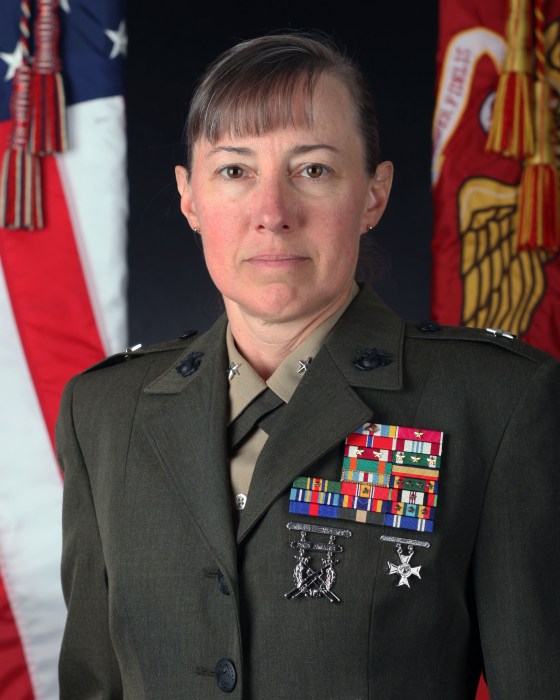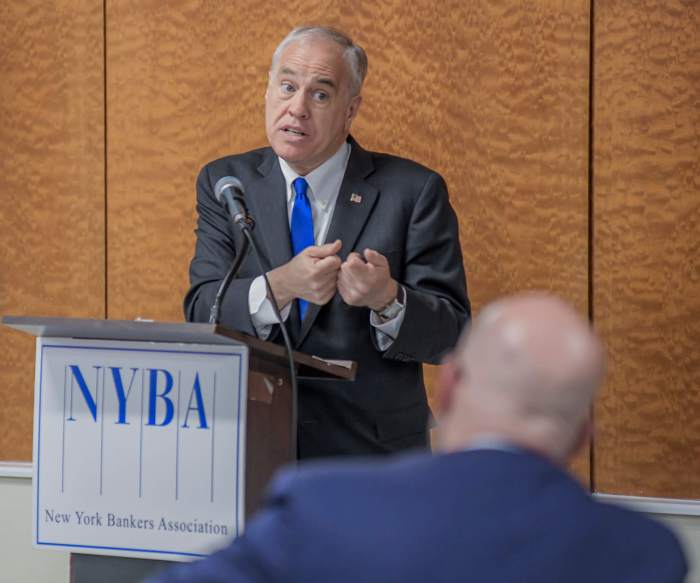What’ll it be, Brooklyn: epic, narrative, lyric, whimsical or just plain old doggerel?
Like the borough he serves, Borough President Markowitz will have a diverse array of poets — and poetic styles — to choose from when he picks a new poet laureate to replace Ken Siegelman, who died last week at age 63.
Though all of Brooklyn is mourning the loss of Siegelman, who served as the Lyricist-in-Chief since 2002, poetry insiders are already asking the most important poetic question after “To be or not to be,” namely, who will fill Siegelman’s big quill pen.
“I would remind the borough president that there are a lot of rich and colorful communities in Brooklyn, such as the African-American and the Caribbean community — and he could fill an auditorium with all the great women poets we have,” said Harvey Shapiro, the dean of the borough’s close-knit poetry community.
Many people put Shapiro on their “short list” for the job, but at 85 years old, he said he’s too old to be “trotting around to a lot of public functions.”
Former laureate Dennis Nurske, the only poet to survive his tenure, beseeched Markowitz to pick a woman and to make sure that the new officeholder “doesn’t write puffery, but really gets people to take poetry seriously.”
“This is a job that can really provide support to the artists who work in Brooklyn and bring their work into the schools, so that kids can be exposed to poetry,” he added.
Alas, poor Yorick, Nurske said he is “not campaigning for the job.”
It’s hard to know what Markowitz is looking for — he did not return calls for comment this week — but would-be laureates should know that there’s no “free verse” in Brooklyn (the Siegelman family gave Markowitz $475 in political donations over the years).
But to get politics out of the race to succeed Siegelman, I called the borough’s top poetry experts to compile a short list.
Mary Gannon, editor of Poets and Writers magazine and the former poetry chair of the Brooklyn Book Festival, suggested Boerum Hill bard Bob Hershon, the publisher of the small, but influential Hanging Loose Press, a publishing house and twice-yearly literary magazine; Matthew Rohrer, a whimsical Park Slope scribe; and Kimiko Hahn, the author of seven collections of poetry including, “The Unbearable Heart.”
For his part, Hershon immediately hit the right talking points.
“I do write about Brooklyn a lot,” he said, mentioning one of the main qualifications for laureatehood. “Plus, we’ve published 165 titles by many Brooklyn poets.”
Better still, he might actually want the job!
“It’s something I would consider,” he said. “It was discussed a few years ago, when Dennis got the job. But at the time, I was very busy. Then, when I saw what Dennis did with it, it became something attractive.”
Ever the supporter of poetry in the borough, however, Hershon immediately suggested two more names for the short list: Indian-born poet Vijay Seshadri and Park Slope writer Sharon Mesmer.
Mesmer will get the vote of anyone who likes a randy dame who’s not afraid to write poems with titles like “Annoying Diabetic Bitch” and “Holy Mother of Monkey Poo.”
“If anyone is suggesting me [as poet laureate], it must be because I slept around so much,” she said. But she’s being modest: Mesmer, who studied under Allen Ginsberg, teaches at the New School and, this fall, at Brooklyn College.
She’s published three books of poetry and would love to do outreach to students.
“I’ll go into any school that doesn’t have a restraining order,” she said.
Mesmer is part of the Brooklyn-based Flarf Collective, whose members sometimes craft poems out of Google search results (hence “Annoying Diabetic Bitch” and her master work, “Juan Valdez Has a Little Juan Valdez (i.e., Energy Cannon) in His Pants”).
“I put ‘Juan Valdez’ and ‘energy cannon’ in Google and wrote a whole poem off the results,” she said. “It shows how much fun poetry can be.”
She said she has been writing poetry since she was 14. “I’m almost 50 now, so you do the math. No really, you should. I’m a poet, I can’t do math.”
Another leading contender is Rohrer, 39, a writing professor at New York University and the author of six books of poetry, including “A Plate of Chicken” (Ugly Duckling Press) this year.
A few poems mention the Mets, who are a universal symbol of frustration, but mostly Rohrer said he works in a lyric style that approaches big topics from small places.
“It’s hard to approach something big like death, belief or love without pontificating, so I approach them from the small side,” he said. “A poem about war told from a general’s point of view is not universal. That’s why I would tell it from the point of view of the dusty street.”
He also tries to always find a connection with the reader through mundane details like doing the dishes.
“I’d rather read a poem about love and war and doing the dishes rather than just love and war,” he said. “It makes people have a connection to the writer. The audience needs to feel that this is a poet who is just like them. They want to know that he has to move the car on Tuesday just like they do.”
If he wants something a bit more serious, Markowitz could summon Lynn Chandok, a poet of Indian descent whose work bridges the cultural gap between her family’s native Kashmir and her current home in Brooklyn.
“My mother grew up in Bensonhurst and my father grew up in Kashmir, so my life and my work goes back and forth between my safe life here and the tense environment there,” she said.
And if he wants to secure the youth vote, Markowitz could easily hire folk sage Frank Hoier, the Bushwick-based bard who also does the “Frank Hoier’s Rhythm and News” feature on BrooklynPaper.com.
“Songwriters have always had an advantage of getting to the people directly,” Hoier said. “Music is the poetry for everyone.”
Spoken like a budding poet laureate.


